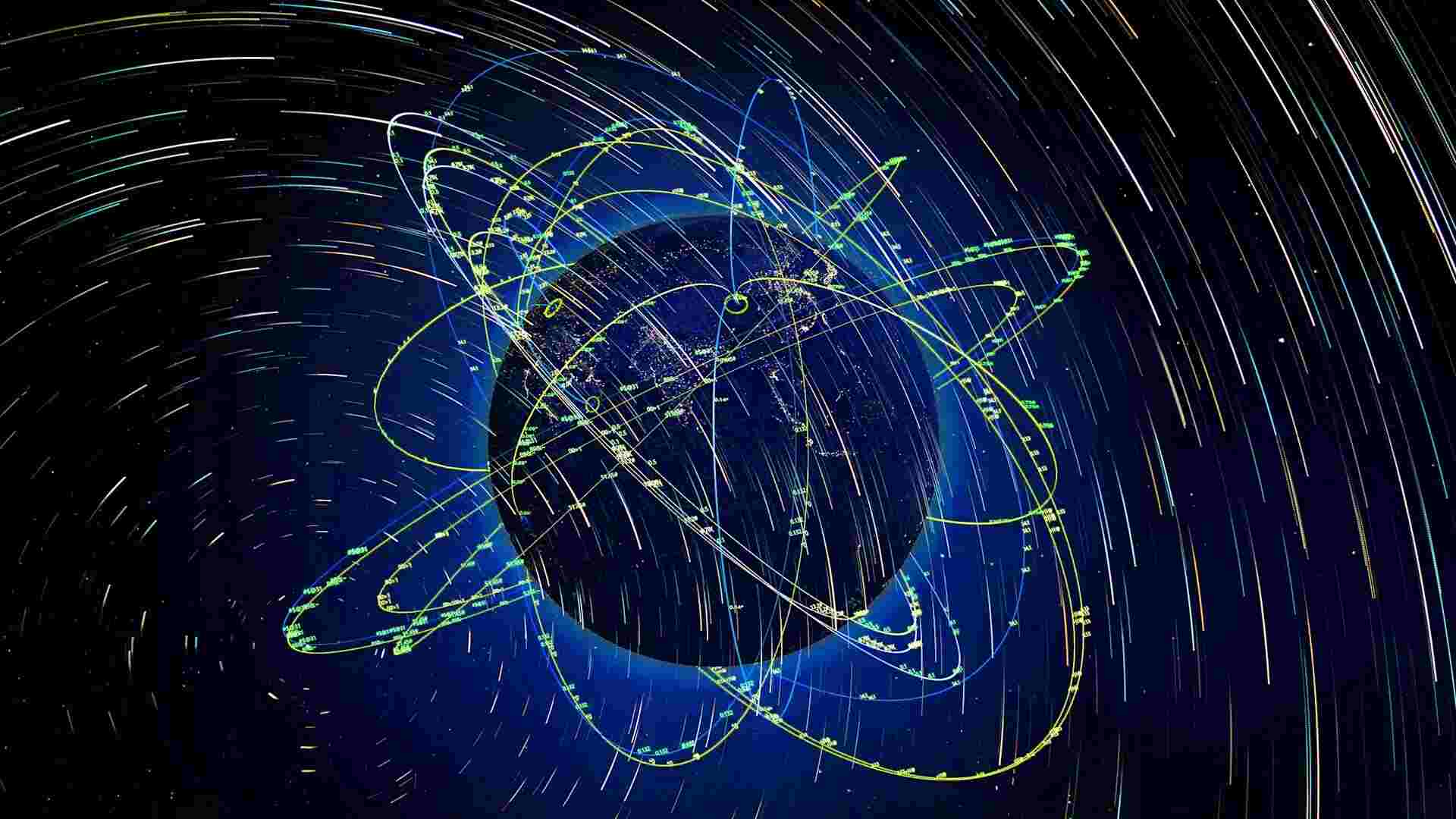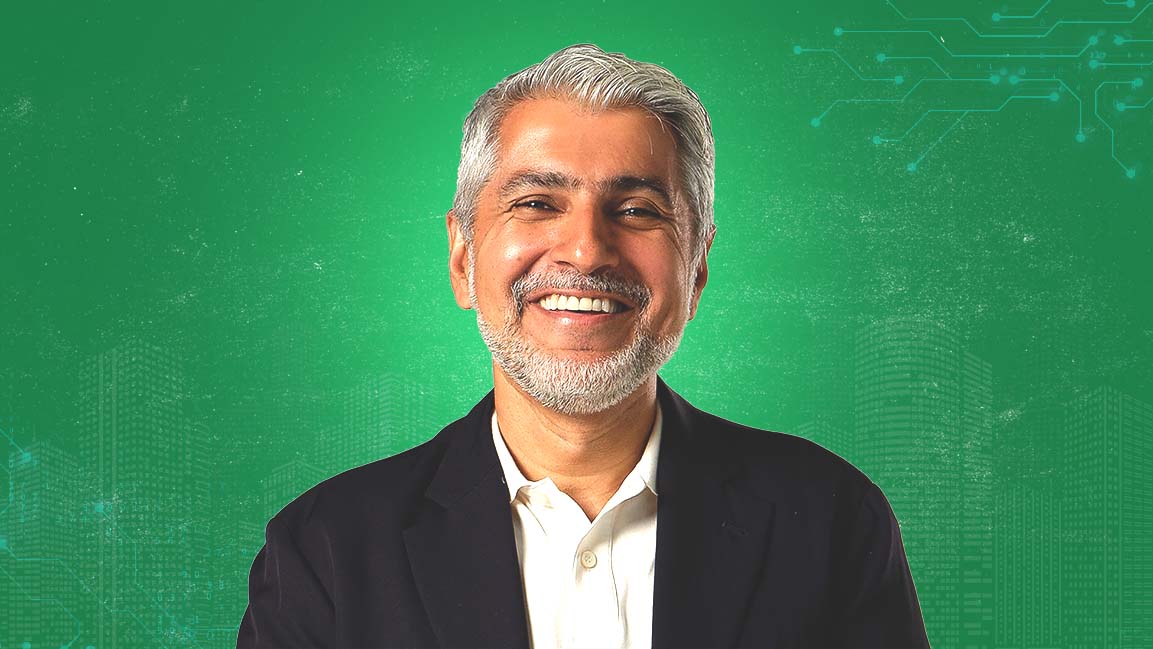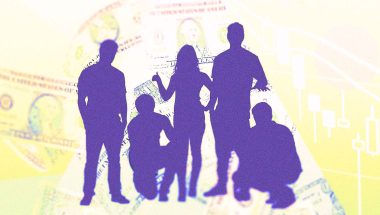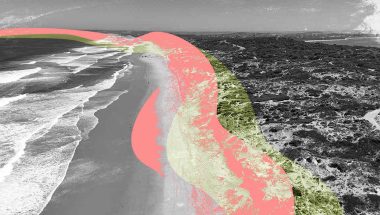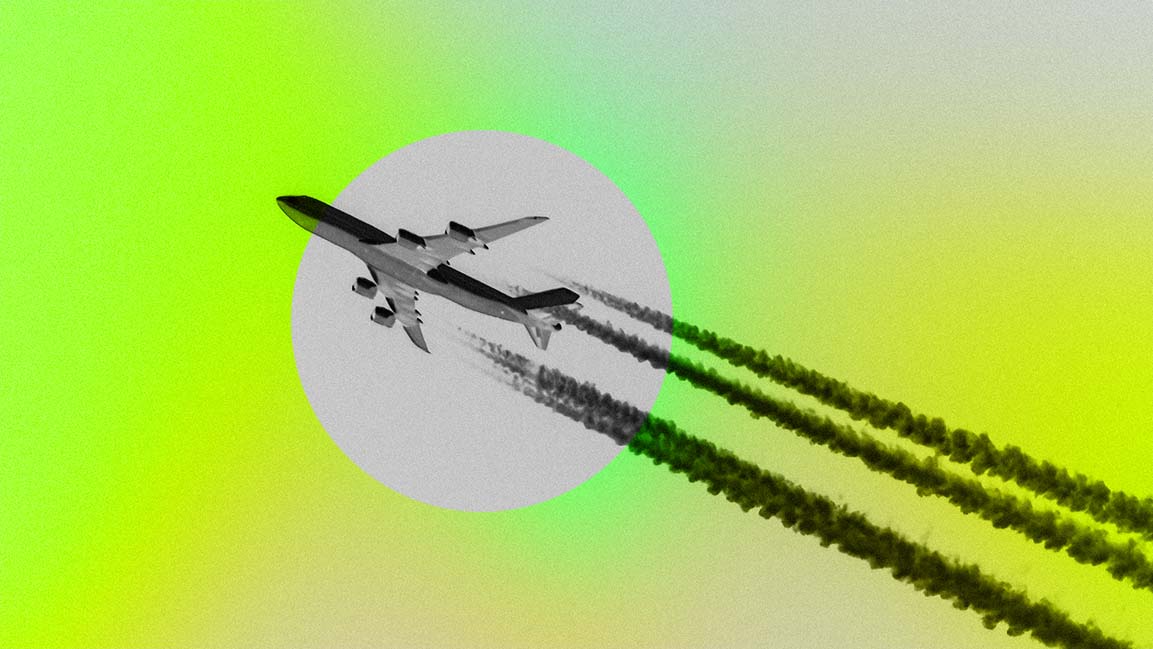- | 8:00 am
Wikipedia is more likely to cover events in richer countries than poorer ones, new research finds
A new analysis highlights the blind spots in Wikipedia coverage around the world.
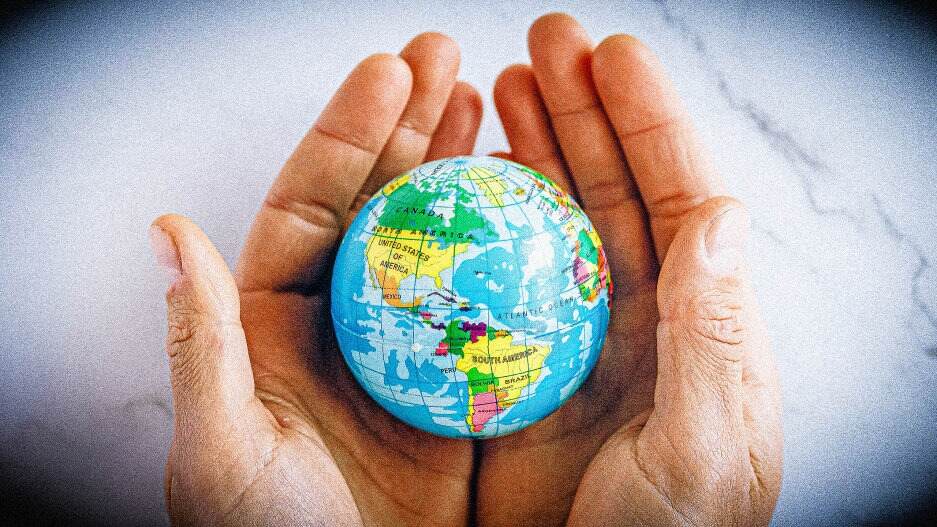
Wikipedia is often touted as the world’s encyclopedia. But how much of your part of the globe is represented on the website depends on where you live.
That’s the finding of a new study by a team of researchers led by Thorsten Ruprechter at Austria’s Graz University of Technology. They analyzed 17,500 articles across four different language editions of Wikipedia, finding that across the board, more attention is devoted to events in more economically developed countries and that events happening in less affluent regions are given less focus.
Ruprechter was inspired to study the information deficit around events and topics in different parts of the world following a terror attack launched in Vienna, Austria, on November 2, 2020. The academic turned to the English- and German-language Wikipedia and found that different editors were prioritizing different aspects of the attack. “The two editions seemed to be different,” he says.
While on Wikipedia, Ruprechter also realized that there was a second terror attack that day, which took place in Kabul, Afghanistan. The Afghanistan attack had seven times the number of casualties than the Austrian attack—35 victims, compared to 5—yet, received considerably more coverage across the language editions he and his colleagues studied.
“When I went to that article, on both the English and German version, on the latter it didn’t even have an article,” says Ruprechter. The English edition was a little better. “The article was very short, and there were only a few edits,” he says.
Ruprechter and his colleagues found this wasn’t some one-off observation. Events that occurred in countries with lower GDP per capita were less likely to appear on Wikipedia. “The poorer the country, the less likely an event was to be covered, regardless of its magnitude.”
Ruprechter says that the problem is well-known among those overseeing the online encyclopedia. “I think the Wikimedia Foundation is pretty aware of these—I don’t want to say biases—maybe it’s more like a knowledge gap or deficiency,” he says. (The Wikimedia Foundation did not respond to a request for comment, however, Ruprechter noted that Wikipedia is working to improve the quality of coverage in less economically developed areas.)
The research was welcomed by Alexander Doria, head of research at opsci.ai, who was not involved in the research, but who also studies Wikipedia, and was a major editor of the French-language Wikipedia. “I’m really frustrated when I hear people in research—especially on large language models—thinking that all knowledge is available on the English Wikipedia, while the reality is that a large share of content is only available on one version of Wikipedia,” he says.
From Doria’s experience, the lack of coverage on Wikipedia of current events is less because of an unwillingness to cover such things, but an inability to do so—because of a shortage of resources. “In my experience, smaller Wikipedias are more reluctant to create articles on current events,” he says. “While it may be due to more conservative views of what an encyclopedia should be—’not a newspaper’—it can also be accounted for by the fact that communities with less regular contributors are less able to ensure that pages with high contribution spikes are correctly monitored.”
Doria says that one missing variable in the research is a broader analysis of what editors on different language Wikipedias think is worth saving and what is deleted as a matter of course. “I know that French Wikipedia is more lax on sports people and fictional characters than the English ones,” he says, though he doesn’t know why. “Things like this will have an impact on whether an article is created or deleted.”













